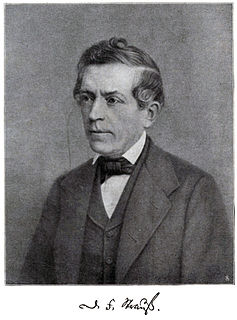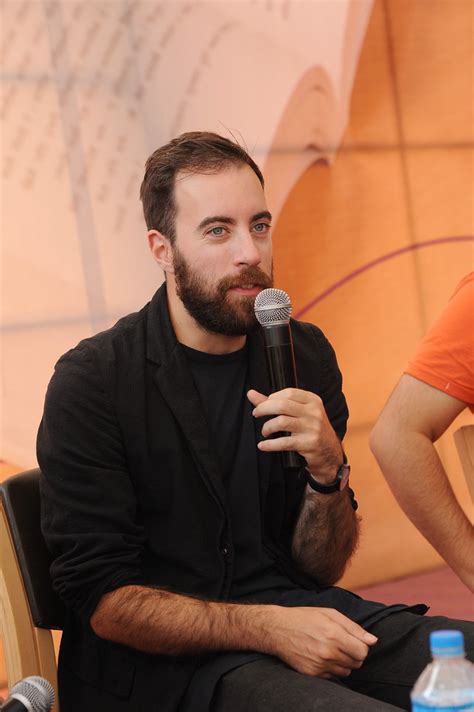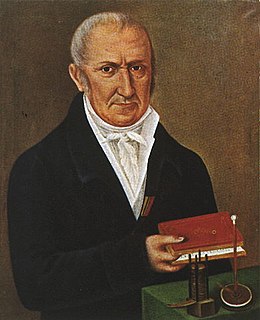A Quote by Kiki Smith
One hopes that each piece contains enough space for several narratives.
Related Quotes
One of the things that makes it so challenging is that we're constructing the Station hundreds of miles above the surface of the Earth and we're doing it one piece at a time For the International Space Station we do not have the privilege of assuming the Space Station is on the ground before we take it up one piece at a time. So we have to be very clever about the testing that we do and the training that we do to make sure that each mission is successful, and that each piece and each mission goes just as it's planned.
In space, you can't see the borders. It doesn't look like a map. We're all like kids fighting in a sandbox, on the political and human side of it. The International Space Station was built in orbit. Each piece hurtled into space at eight kilometres per second. From an engineering point of view, it's madness. It's also a feat of policy - Russia, the U.S., Germany and Japan working together. Do you realize what that means? These countries were sending nukes to each other a generation ago. Space does that. It gives us that amazing big picture.
The designation of the locality in one excludes the appearances narrated by the rest; the determination of time in another leaves no space for the narratives of his fellow-evangelists; the enumeration of a third is given without any regard to the events reported by his predecessors; lastly, among several appearances recounted by various narrators, each claims to be the last, and yet has nothing in common with the others. Hence nothing but wilful blindness can prevent the perception that no one of the narrators knew and presupposed what another records.
Bringing together disparate personalities to form a team is like a jigsaw puzzle. You have to ask yourself: what is the whole picture here? We want to make sure our players all fit together properly and complement each other, so that we don't have a big piece, a little piece, an oblong piece, and a round piece. If personalities work against each other, as a team you'll find yourselves spinning your wheels.
I continue coupling a plate of silver with one of zinc, and always in the same order... and place between each of these couples a moistened disk. I continue to form a column. If the column contains about twenty of these couples of metal, it will be capable of giving to the fingers several small shocks.








































